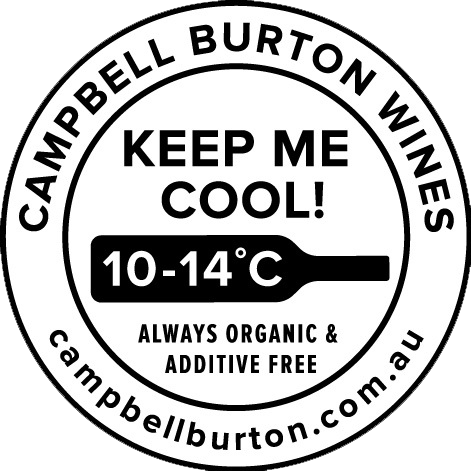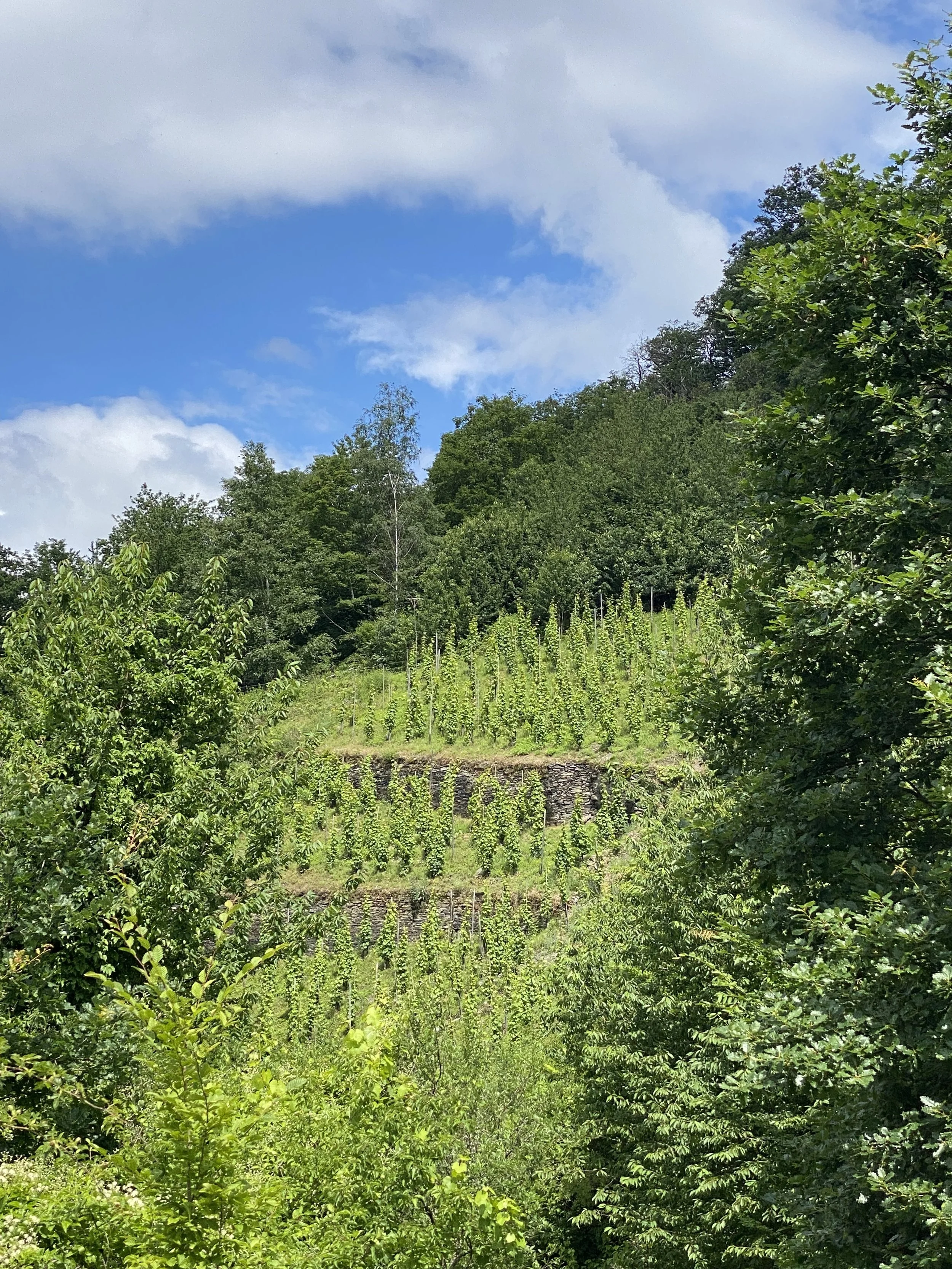Jakob Tennstedt
Jakob Tennstedt creates single-site riesling wines in the village of Traben-Trarbach in the Middle Mosel.
Formerly a Berlin-based chef, Jakob fell in love with wine while travelling and working in Italy. Following stints working in Burgundy and then at Foradori, Jakob feels that much of his greatest early learning and inspiration came while working at renowned Montalcino estate Pian dell'Orino. Returning home to Germany he set out to find his place, with the aim of producing the best wine he possibly could. After working for two different producers,
he found his first vineyard and today he farms three separate sites in a side valley of the Mosel called the Kautenbachtal. As the crow flies, this side valley is literally only a few kms from some extremely famous Middle Mosel vineyards around Bernkastel, and, according to Jakob, the vineyards in the side valley near Kautenbach were historically even more celebrated and highly regarded. In fact, apparently during Celtic times, these sites well back away from the river itself were some of the most highly regarded in the region.
The terroir of these sites bears great resemblance to most sites in the area with weathered and very soft grey and blue schist being the dominant soil/rock type while being interspersed with quartz. But one of the defining features of this side valley is the microclimate. Here, where Jakob's vineyards enjoy protection from stronger winds, due to the extra elevation the diurnal temperature range is also greater than that experienced by vineyards on the river. As such, the average abv is always lower in wines here and Jakob typically finds himself harvesting two weeks later than producers with vineyards close to the water.
The average elevation of these three sites is 400masl and they all share a S/SE aspect.
Across his three small sites, around 50% of Jakob's vines are on their own roots and the vine age ranges from 50-110 years. The oldest section of the vineyard was planted in 1910.
Jakob's clearly-fanatical farming will soon be BD certified while his applications in the vineyards are based on extractions and tisanes of herbs growing in the vineyard and in his own garden. His biodynamic applications in the vineyard are carried out 3-4 times each year and the precise type of plants used depend on that particular season. In essence, the driving factor in the vineyard for Jakob is biodiversity (as is the case for more or less every single one of our favourite growers around the world).
In the winery, Jakob focusses on extreme care, lots of patience and very high quality materials. His wines are pressed to large format foudre, all made with local timber, and there they rest until bottling. Always topped, the wines rest for at least 18 months before bottling as Jakob wants all of the bacterial conversions to have taken place well before the wine goes to bottle. The wines are then gently run to bottle from foudre.
Each cuvee is more or less from a single section of the vineyard, but this varies each year with the quantities harvested from each site. For Jakob, each vessel being totally full during elevage is absolutely paramount so it's necessary from time to time that one vessel will be topped with wine from a slightly different section of Jakob's vineyard. The cuvees are named after flora and fauna from the area and from within the vineyard.
Each of Jakob’s 2018s is distinctly different from the next with the linking factor being extreme depth, concentration of matter and minerality. Further, they all possess the type of flavour that only comes from old vines and the sort of fruit profile that only comes from vines on their own roots. In a general sense, I would describe Jakob's wines as not only of ravishing quality but of quite glorious classicism. Then, despite their inherent acidity, they remain quite gastronomic, dry and meditative styles....which is not necessarily to say that they require food to be enjoyed at their best. I would simply suggest taking your time with them and giving them a chance to unfold. The Perlmutt in particular reveals new primary fruit and aroma even on day three after opening.
We've had plenty of emotional moments with great wines over the years but the wines of this extraordinary producer have brought us as close to tears as anything else. We are deeply, deeply in love with them and they truly represent some of the qualities we love the most in wine: great farming, ultra precise winemaking, depth and terroir expression. And beyond those important factors, Jakob's wines are among the most stable, nuanced, complex and powerful young wines we have ever tasted.
Traben-Trarbach, Germany
Information on previous wines
-
Very old-vine riesling from a single site planted on blue and grey slate.
2018 Direct press to old foudres, which were topped up during an extended period of elevage. Pure and classical, with brilliant primary fruit and profound stony minerality.
-
Very old-vine riesling from a single site planted on blue and grey slate.
2018 Direct press to old foudres, which were topped up during an extended period of elevage. Pure and classical, with crystalline primary fruit and profound stony minerality.
-
Very old-vine riesling from a single site planted on blue and grey slate.
2018 Direct press to old foudres, which were topped up during an extended period of elevage. Pure and classical, with brilliant fruit and profound stony minerality. The broadest, richest and most tertiary of the three 2018 cuvees.

